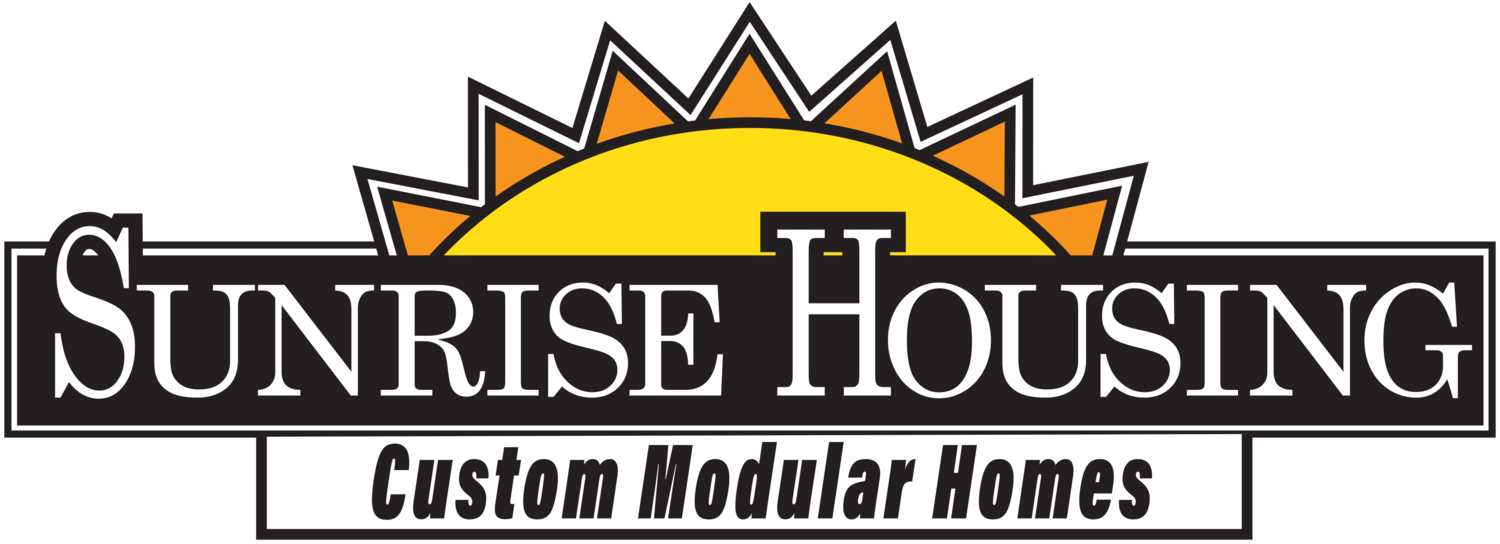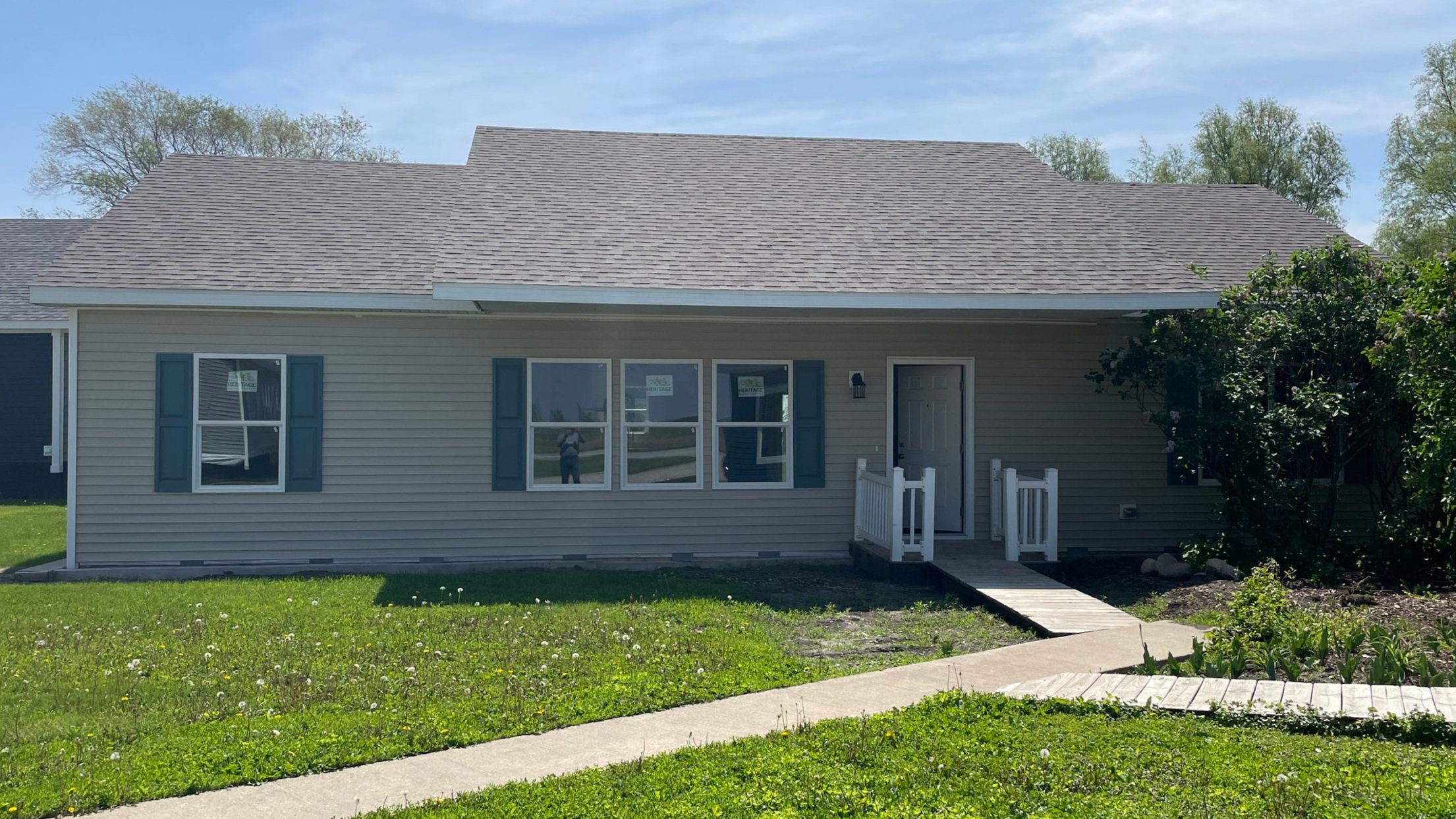The world of home design is evolving rapidly, reflecting both changing lifestyles and new technologies. In 2024, new home design trends are driven by a desire for sustainability, flexibility, and comfort. Whether you’re building a custom home or updating your current living space, understanding these trends can inspire your design choices and ensure your home remains functional and stylish for years to come. Let’s explore the key trends shaping new home design today.
1. Sustainability and Energy Efficiency
Sustainability is at the forefront of modern home design. Homeowners are increasingly opting for eco-friendly materials and energy-efficient technologies. Solar panels, smart thermostats, and energy-efficient windows are becoming standard features in new homes. Additionally, builders are focusing on sustainable construction methods, using recycled materials and low-carbon-emission practices.
Green roofs, rainwater harvesting systems, and improved insulation are also gaining popularity. The shift towards eco-conscious living is driven by both environmental concerns and the long-term savings that energy-efficient homes provide.
2. Open-Concept Living Spaces
Open floor plans have been a hallmark of modern home design for years, but they continue to evolve. Today’s designs prioritize flexible, multi-functional spaces that allow for seamless transitions between living, dining, and kitchen areas. This design fosters social interaction and makes homes feel more spacious, even if the square footage is modest.
With more people working from home, there’s also a greater emphasis on creating designated spaces within open-concept designs. For example, adding built-in desks or quiet nooks for remote work and study allows for functionality without compromising openness.
3. Smart Home Integration
Smart home technology is no longer a luxury but a standard feature in many new homes. From lighting and security systems to thermostats and kitchen appliances, the integration of smart technology is reshaping how we interact with our living spaces. Voice-activated assistants, like Amazon Alexa or Google Home, and smartphone-controlled systems are making it easier to manage everything from the temperature of your home to grocery shopping.
Incorporating smart home devices can improve energy efficiency, provide enhanced security, and increase convenience, making it an attractive feature for tech-savvy homeowners.
4. Indoor-Outdoor Living
Connecting the indoors with the outdoors is a major trend in new home design. Sliding glass doors, large windows, and outdoor patios create a seamless flow between the home’s interior and exterior. Homes are being designed to blur the lines between indoor and outdoor spaces, encouraging homeowners to enjoy nature without leaving the comfort of their home.
This trend is especially prevalent in warmer climates, where outdoor kitchens, fire pits, and entertainment areas are becoming popular. Even in cooler areas, well-designed outdoor spaces with heating elements and weather-resistant furniture are making outdoor living a year-round option.
5. Wellness-Oriented Design
As homeowners become more conscious of health and well-being, wellness-focused design elements are gaining traction. Homes are being built with natural light in mind, maximizing sunlight exposure for better mental and physical health. Builders are also emphasizing the importance of good air quality, with better ventilation systems and non-toxic materials becoming priorities.
Other wellness features include spa-like bathrooms with soaking tubs, home gyms, and spaces for meditation or yoga. This trend reflects a growing desire for homes to serve as sanctuaries of relaxation and health.
6. Minimalism and Clutter-Free Living
Minimalist design continues to be a strong influence, with a focus on clean lines, uncluttered spaces, and a "less is more" approach. Homes are designed to be both aesthetically pleasing and functional, with built-in storage solutions that help keep clutter at bay. The popularity of Marie Kondo's tidying philosophy has also encouraged homeowners to adopt a more streamlined approach to their interiors.
This trend extends to the choice of materials and color palettes as well. Natural, neutral tones like beige, soft greys, and earthy colors dominate, creating a calming, serene atmosphere.
7. Customization and Personalization
While there are overarching trends in home design, homeowners today want their spaces to feel unique and personalized. Builders are increasingly offering customization options that allow buyers to tailor their homes to fit their needs, lifestyles, and tastes. Whether it’s choosing specific finishes, cabinetry, or creating bespoke rooms like a home theater or a craft room, personalization is key.
This extends to architectural details as well, with more homes incorporating custom features like exposed beams, statement staircases, and tailored lighting fixtures.
8. Biophilic Design
Biophilic design, which emphasizes the connection between humans and nature, is another growing trend in new home construction. This design philosophy encourages the use of natural materials like wood, stone, and plants, as well as maximizing natural light and ventilation.
Indoor gardens, living walls, and large windows with views of nature are popular elements. These designs aim to reduce stress, enhance mood, and improve overall well-being by integrating nature into the home.
Conclusion
The trends shaping new home design in 2024 are focused on sustainability, wellness, technology, and personalization. Whether you’re planning to build a new home or renovate an existing space, these trends offer plenty of inspiration for creating a functional, beautiful, and forward-thinking living environment. By incorporating energy-efficient systems, open spaces, smart technologies, and wellness features, your home can be a reflection of modern living and a sanctuary for the future.









